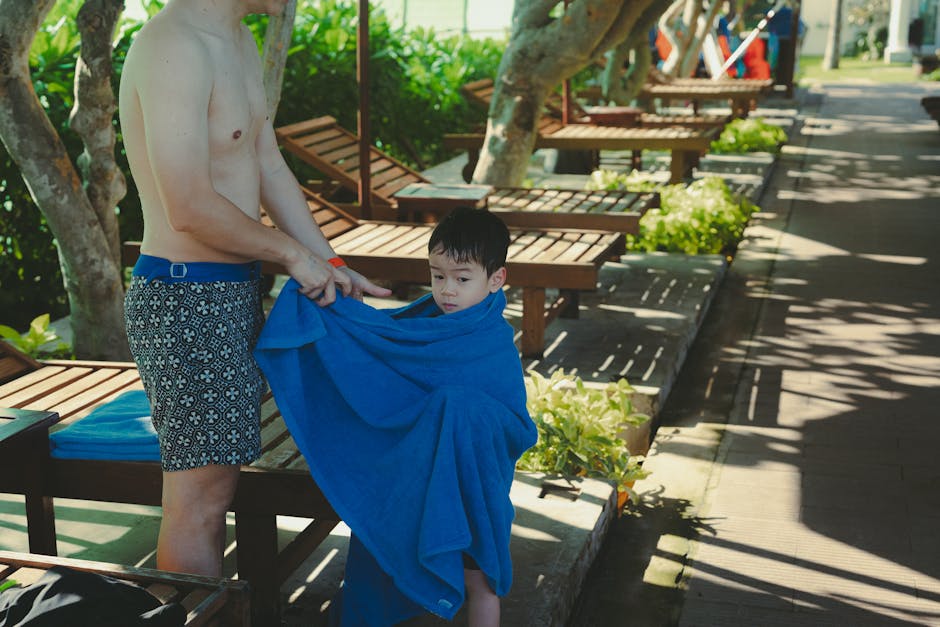The transition from a united family to separate households can be turbulent, especially for children. Yet, effectively navigating this shift through collaborative co-parenting strategies can significantly reduce the negative impact and cultivate a supportive environment. A well-structured co-parenting dynamic can act as a buffer against the distress often associated with family separation, fostering a sense of stability and security for children.
A significant benefit arises from a consistent structure and routine. When both parents actively participate in establishing consistent schedules, routines, and parenting approaches, children feel a sense of predictability and normalcy. This predictability can be especially crucial for children, helping them cope with the changes and uncertainties surrounding the separation. Shared calendars and clear communication about schedules can eliminate logistical hurdles and reduce the stress levels for everyone involved. This structured approach can also foster a sense of community, reducing the feeling of isolation that often accompanies family separation.
Beyond the logistical, a well-executed co-parenting arrangement fosters a healthier emotional environment for children. This involves prioritising the child’s needs above parental conflicts. Rather than airing grievances or competing for the child’s affection, parents can concentrate on providing a stable and nurturing environment. When parents collaborate on nurturing, addressing the emotional needs of the child becomes the central focus. This shared focus on child well-being leads to fewer anxieties and emotional upsets in children. They also experience less stress and uncertainty as they adapt to the changing family structure.
Communication is a cornerstone of successful co-parenting. Effective communication, however, isn’t just about the exchange of information; it’s about mutual respect and understanding. Open and honest communication, even when difficult, allows for the resolution of issues and disagreements in a constructive way. This can manifest in the development of a shared parenting plan, outlining responsibilities, decision-making processes, and communication protocols. Such a plan provides a framework for handling conflicts and making decisions related to the child’s upbringing, ensuring a consistent approach regardless of which parent the child is with.
Another notable advantage is the opportunity for a balanced perspective. When both parents are actively involved in the child’s life, they offer diverse perspectives and experiences. This enriched environment can expose children to a broader range of values, ideas, and viewpoints, ultimately contributing to a more well-rounded development. Different approaches to discipline, educational values, or hobbies introduce a diversity of experiences to the child, fostering a well-rounded and resilient approach to life.
Ultimately, a positive co-parenting experience contributes to the child’s overall emotional well-being and fosters a stronger sense of security. When children witness constructive communication and respectful interactions between their parents, they learn crucial social skills and develop healthier relationships themselves. A stable and supportive co-parenting dynamic reduces the likelihood of the child feeling torn or conflicted. This supportive framework can significantly contribute to the child’s self-esteem and resilience, empowering them to navigate future challenges more effectively.
Nevertheless, it is essential to acknowledge the hurdles associated with co-parenting. Navigating differences in parenting styles, addressing financial implications, and maintaining respectful communication can be challenging. Furthermore, unresolved conflicts between parents can create stress for the child. Nevertheless, these obstacles are surmountable. Effective communication, mediation, and a focus on the child’s best interests are crucial for overcoming these challenges. Seeking professional support, like a therapist or a mediator, can be invaluable during these periods.
While many perceive co-parenting as purely about the child, its benefits extend to the parents as well. A successful co-parenting arrangement fosters a sense of shared responsibility and allows each parent to maintain their individual roles. It encourages personal growth, fostering a stronger sense of self. It also promotes the development of healthier coping mechanisms in parents, equipping them to handle stress more effectively.
Ultimately, deciding whether co-parenting is beneficial depends on the specific circumstances. Factors such as the willingness of both parents to collaborate, the ability to communicate effectively, and the commitment to the child’s well-being are crucial. With a conscious effort towards mutual respect, open communication, and prioritizing the child’s needs, co-parenting can transform a potentially challenging situation into a positive and enriching experience for all involved. The potential benefits, while sometimes obscured by the difficulties, are undeniable, providing a foundation for a positive future for both parents and the child. The key is a willingness to work together, understanding that the child’s well-being should always be the priority.
